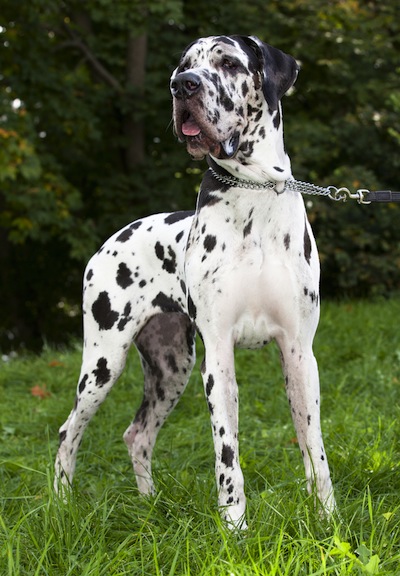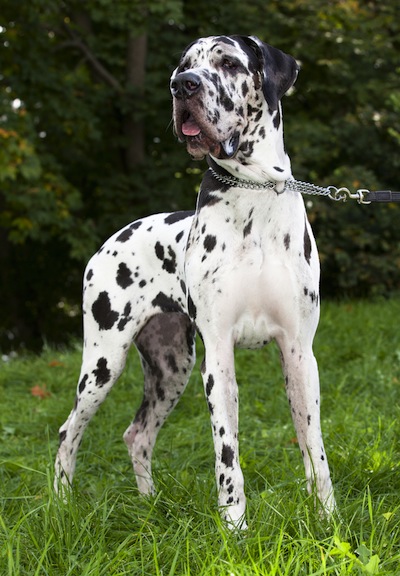
Vet Saski Steel explains what to be on the lookout for to make sure your dog is not showing signs of heart disease, and how to make sure your pet has a healthy heart.
Common signs
An early sign of heart disease in older dogs is coughing, when the heart is unable to provide adequate circulation of blood. Other signs are intolerance to exercise, difficulty or an increased rate of breathing, weight loss, loss of appetite, increase in abdominal size and occasionally, fainting.
Why it happens?
There are two main causes of heart disease in older dogs. In smaller breeds, it is usually caused by valves no longer working well, allowing blood to flow backwards into the heart. In bigger breeds it is usually the heart muscle becoming weak and thin. The heart fails to pump efficiently, circulation is reduced, and the heart becomes enlarged.
Can a vet help?
Examination by a vet can give clues such as a heart murmur being heard, an abnormal heart rate, or crackles (fluid) heard on the lungs are usually early indicators. It is important not to worry though, a dog with a heart murmur detected is not necessarily in heart failure, and it may remain unaffected for many years.
X Rays and heart scans
Further tests can be performed which include taking an x-ray of the chest to assess heart size and shape, and to see if there is excess fluid build-up in the lungs. An ultrasound scan of the heart can also be done to assess the internal structures, including the valves and size of the chambers, as well as thickness of the heart muscle walls and strength of contractions. Occasionally an ECG is done to assess heart rate and rhythm abnormalities.
Large and giant breed dogs
Large and giant breed dogs are predisposed to a disease called occult dilated cardiomyopathy, when the heart dilates slowly, but the clinical symptoms are negligible in the early stages. As the disease progresses the dog is at risk of have sudden heart failure. Ultrasounds can be used to assess healthy large dogs annually to catch the disease in the early stages which can greatly extend quality of life.
Medication
Medication can control the clinical signs of heart disease, helping the heart to work, removing fluid from the lungs and slowing down progression of the disease. Diuretics are often used to remove excess fluid from the lungs or abdomen. Medicines are used to increase the strength of the contraction of heart muscle, increasing the amount of blood pumped. They are also used to widen the bloods vessels, reducing the work the heart has to do and help to pump blood around the body. Studies have shown these medicines improve quality and longevity of life of dogs with heart disease.
 Severn Edge Veterinary Group are offering in February 50% off heart scans for large dogs to screen for occult heart disease as part of ‘Love your pet February’.
Severn Edge Veterinary Group are offering in February 50% off heart scans for large dogs to screen for occult heart disease as part of ‘Love your pet February’.
– Saski Steel BVSc MRCVS
Severn Edge Veterinary Group






